Dencun is about fee stabilization, not reduction — Fuel founder
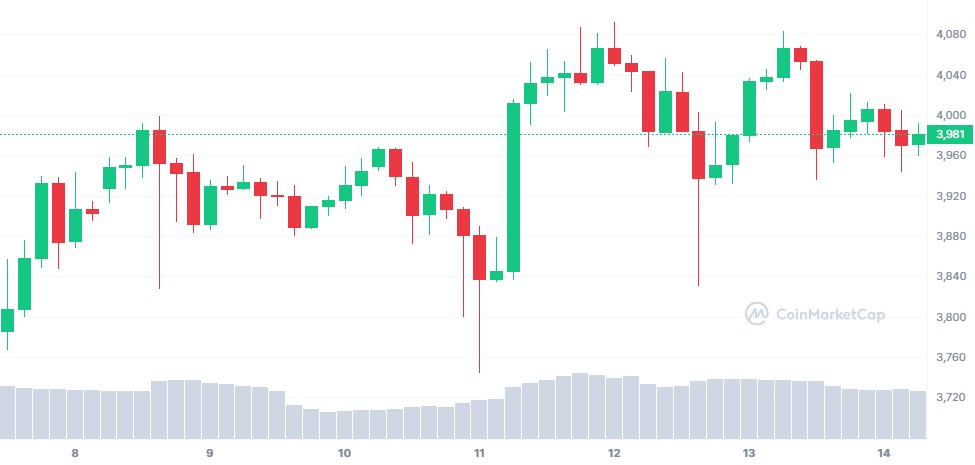
While Dencun’s fee reduction for layer 2s is a significant bonus, it’s not the main benefit of the upgrade, Fuel Labs’ Nick Dodson told Cointelegraph.

Ethereum’s Dencun hard fork, considered the biggest upgrade since the Merge, went live on mainnet on March 13.
While most people were focusing on the promised transaction fee reduction for layer-2 scaling networks, the most significant benefit of the upgrade is actually fee stabilization, Nick Dodson, the co-founder and CEO of Fuel Labs, told Cointelegraph in an exclusive interview:
“On the point of EIP-4844, a lot of people talk about the fee reduction, but it’s more about fee stabilization. It’s actually more about expanding capacity and scale and not so much lowering fees.”
Some Ethereum L2s saw a 99% median transaction fee reduction after the upgrade went live, including Starknet, Optimism, Base and Zora OP mainnet.
The Dencun upgrade’s fee reduction for L2s is a huge bonus for the industry, but the main benefit is related to the network’s mass scalability and stabilizing the current fees for the next millions of new users, according to Dodson. He added that this increased network capacity will further lower layer-2 fees with future upgrades:
“As we add more data blob capacity now, the dynamics will shift, and not only will it be more capacity, but it will be probably a lot cheaper in terms of data availability.”
The Dencun hard fork incorporated nine different Ethereum Improvement Proposals (EIPs). The first part, Cancun, focused on improving how transactions are managed and processed on the execution layer, while the second part, Deneb, aimed to improve the consensus layer, which refers to how network participants agree on the state of the blockchain.
The upgrade will drastically increase the Ethereum network’s overall scalability and throughput, according to Dodson:
“Now Ethereum is on a trajectory where it could service a lot more users in the world… It’s finally happening that a practical, meaningful upgrade is getting us closer to really increasing throughput beyond just rollups. The layer-1 is finally increasing its ability to service lots of different kinds of rollups and different kinds of execution.”
Following the upgrade, Ether (ETH) price fell 2.44% in the 24 hours leading up to 11:30 am UTC to trade at $3,956, according to CoinMarketCap data.

Related: Lowering developer friction is key for mass-scaling blockchain applications — Polygon co-founder

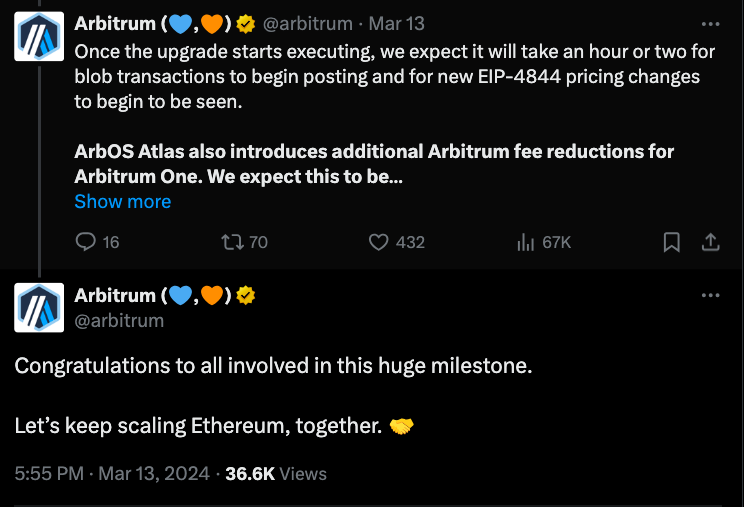
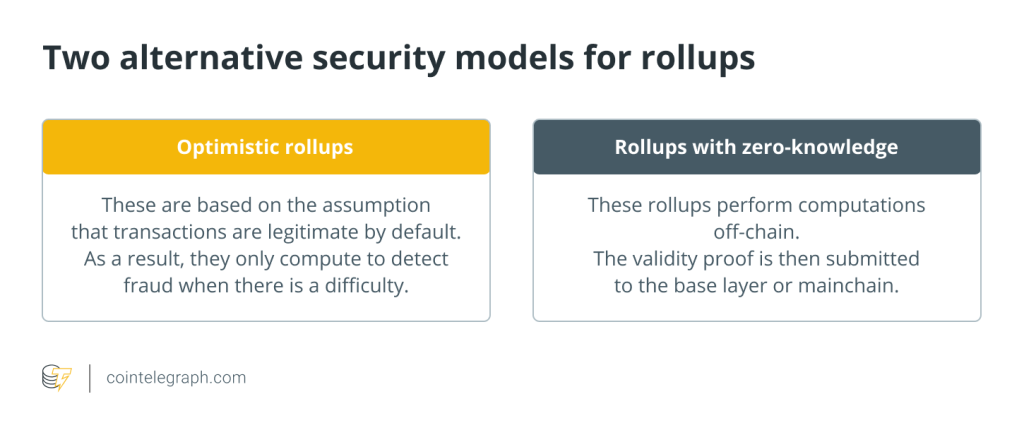

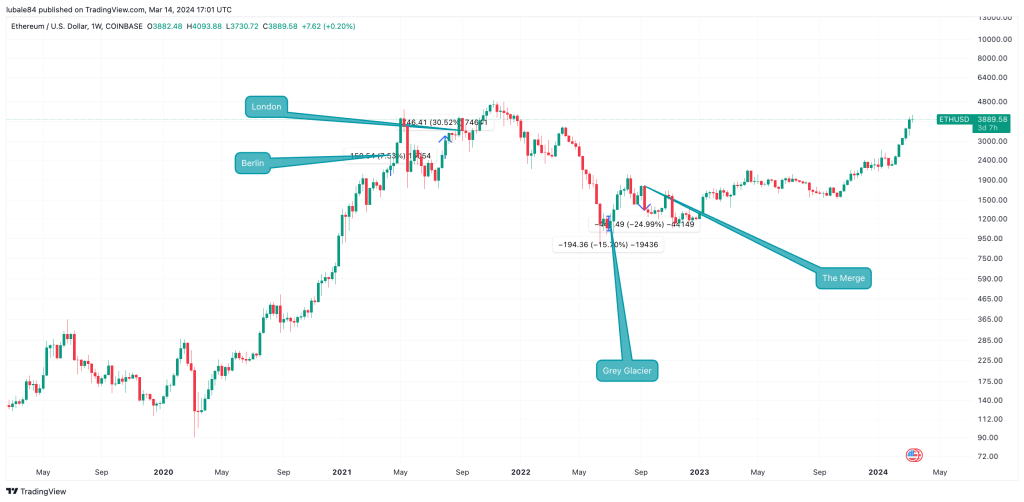
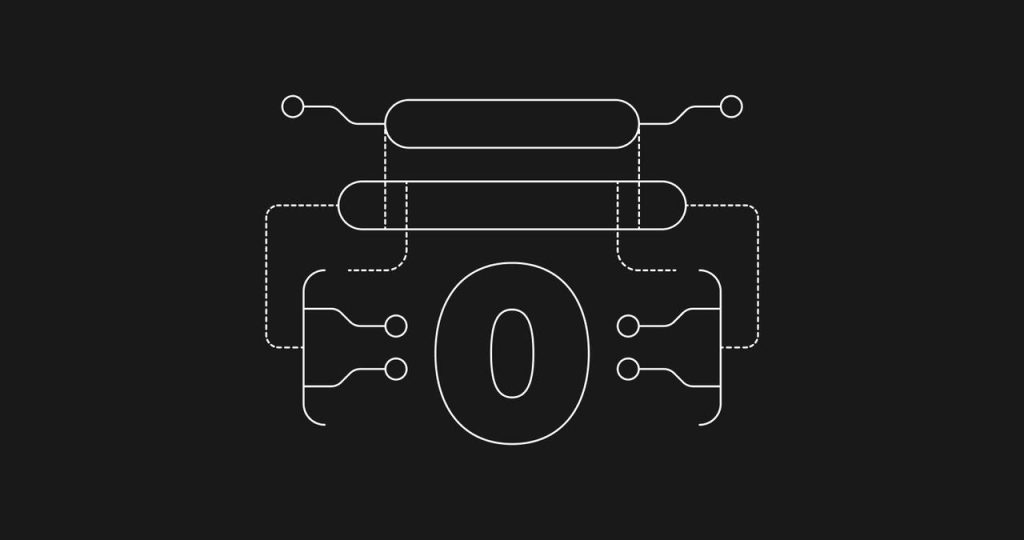
Responses